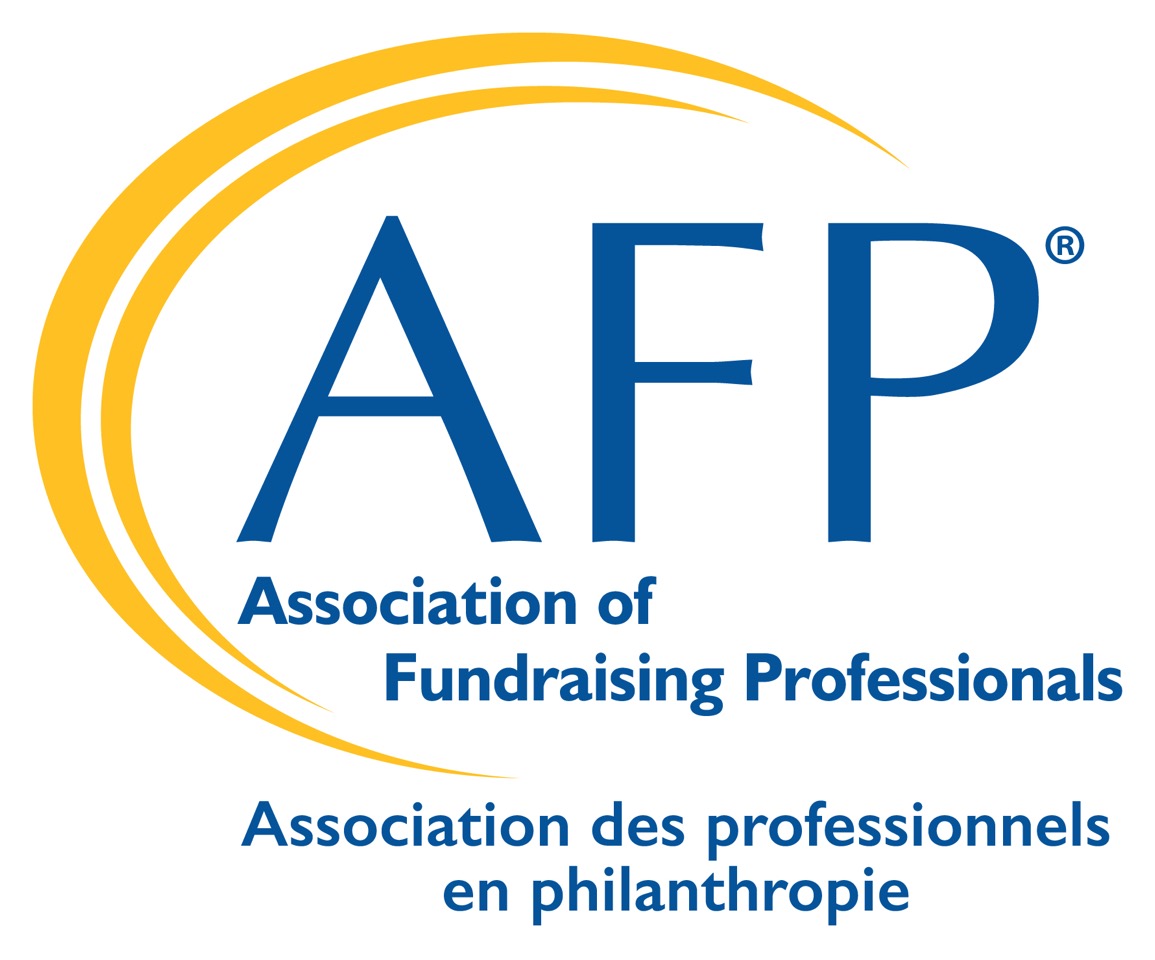The Emerging Voices of Young Fundraising Professionals


“I don’t think the majority of fundraisers grew up thinking that was what they wanted to be when they grew up,” says Katie Greene, CFRE, executive director of the United Way of Newfoundland and Labrador. At 32, she doesn’t necessarily consider herself a “young” professional, especially as she is responsible for the well-being of a five-person team.
“People get into fundraising by different roads,” says Greene. I organized retreats for charities, and when I was offered a fundraising job, I said, ‘no way’ at the beginning but there’s a range of activities involved in fundraising.”
But Taylor Jennings, CFRE, 28, the manager of annual giving and constituent relations at Pickering College, says she’s observed that the idea of “falling into fundraising” or “figuring it out as you go along” is becoming less common with millennials.
“Young fundraisers are purposefully choosing a career in the sector because they feel strongly about being a facilitator of philanthropy to better our communities,” says Jennings. “This means that young professionals are motivated to have access to as many tools and resources as possible to be successful. It’s important these tools and resources, plus mentoring opportunities, exist in our sector to continue to help them grow professionally and to ensure our sector thrives.”
More and more young people are being attracted to the profession. However, many “nonprofits are doing little to support and retain their young professional employees, and many young professionals anticipate leaving their current position in search of more experience elsewhere,” according to the Association of Fundraising Professionals (AFP) 2020 Compensation and Benefits Report released in 2021.

“Most of what I’ve learned about fundraising, I’ve learned through AFP’s education forums and conferences,” Greene says, “and it’s those peer connections that are really important.”
Jennings agrees. “I got involved in philanthropy through volunteering at my university at the department of advancement. From there, I could see what a career in fundraising looked like. I haven’t been part of any formal mentoring, more informal mentoring from people who know they can help me understand how I can grow professionally.”
The AFP study underscores the point. Overall, just 40% of young fundraising professionals reported that their workplace offers any of the four programs or approaches that have been shown in other industries to assist career advancement, improve employee engagement, and promote teamwork. These programs and approaches are:
- A specific talent development or leadership development program, strategy, or initiative (21% of all YPs reported this kind of program at their organization);
- Training on working with people of different generations (16%);
- Affinity groups within the organization related to any type of identity or interest, such as age, ethnicity, “green workplace,” bike to work, etc. (14%); and
- A formal mentoring program for people new to fundraising (8%).
“Being younger doesn’t necessarily mean inexperienced,” Jennings says, “and what Katie Greene says about not ‘feeling young’ deeply resonated with me. I am just shy of having eight years of experience in the sector. ‘Young professional’ and ‘inexperience’ are not synonymous. Early on in my career I was shown the value of learning from the ‘next generation’ – from people putting trust in me as a student leader or new professional.”
Having a workplace where well-being, professional growth and inclusivity are valued are workplace qualities many young professionals are looking for. “The reality is that young talent will leave,” says Jennings.
On of AFP’s main findings with the study was that “many young professionals anticipate leaving their current position in search of more experience elsewhere.”
“I don’t believe it’s necessarily a bad thing for a young professional to job-hop,” says Jennings. “Your early twenties, those first few jobs, are about discovering what your priorities and values are from an employer, where your strengths are, and discovering more about yourself to build a long-term career. This means you may need to leave a job or workplace that is not a good fit or leave amicably to gain new skills or that next level of experience. What concerns me is ultimately the numbers reported around supports offered to young professionals, how few young professionals reported access to programs and that their workplaces were investing in their talent. I know how critical professional development opportunities and informal mentors have been in my career decisions and growth.
Greene agrees. “I think one of the missed opportunities is that we don’t have many mid-level opportunities in smaller shops. People need to have the opportunity to grow in their jobs—evolving positions to fit evolving skills,” she says.





